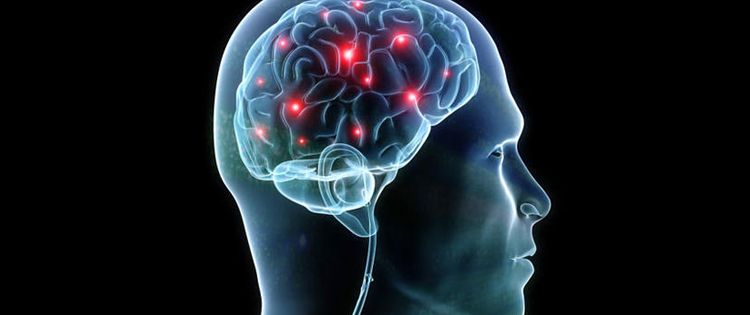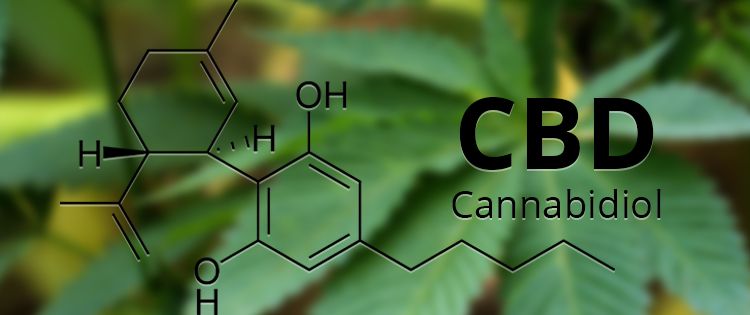CBD took the world by storm thanks to its ability to relieve pain, induce relaxation and improve quality of sleep.
All these benefits are supposedly because of its interaction with CB1 and CB2 – two neurotransmitters spread throughout the body that we believe to be responsible for everything from hunger to sleep.
But for all these supposed benefits, surprisingly little is mentioned about how CBD interacts with hormones in the body to promote homeostasis.
But let’s start from the top – what are hormones, exactly?
What are Hormones?
In simple terms, hormones are chemicals released by glands or cells and are used by the body to spread messages.
They have a wide range of purposes including regulating growth, keeping sleep in check and even making sure we feel hungry.
Any imbalance in these hormones may lead to the affected individual feeling irritable, developing memory issues, memory problems, weight gain and many more issues.

To avoid such inconveniences, the body has a system in place to ensure that there isn’t too much of hormones like adrenaline that promote rapid deterioration of muscles and cells or too little of hormones responsible for sleep.
When this system is in balance, it can keep factors such as body temperature in check and is said to be in a state of homeostasis.
Where Does it Go Wrong?
Despite the body’s amazing ability to keep certain factors in check throughout, the system it works so hard to maintain can often be disrupted.
This system can be thrown off-balance by factors such as stress, aging, illness, poor nutrition, exposure to harmful chemicals, or even simply be an innate deficiency.
Stress is a particularly common culprit in the development of hormone disorders. When you’re feeling stressed, it’s due to the overproduction of a hormone known as cortisol.
Cortisol is particularly troublesome because it can lead to several other health problems like accelerated aging, ulcers, insomnia, lack of appetite and general fatigue.
Besides, its presence in the bloodstream also discourages the production of feel-good hormones like serotonin, dopamine and noradrenaline.
People with high levels of cortisol are likely to develop stress and anxiety disorders.
How CBD Can Help
Hormones are produced by a network of glands and organs that are spread throughout the body and comprise the endocrine system. In particular, these organs are the pituitary, thyroid and parathyroid, adrenal, and pancreas glands, ovaries and testes.
Each of these produces different hormones responsible for energy, mood, growth and other body functions.
The previously introduced CB1 and CB2 are, on the other hand, part of the endocannabinoid system – another network of neurotransmitters spread throughout the body.
These two networks are known to overlap, aiding the body to regulate levels of hormones like cortisol and melatonin, both crucial hormones for mood balance.

Some doctors believe that the ECS is in complete control of the endocrine system. It manages the production of hormones, and are very sensitive to the presence of cannabinoids like CBD.
CBD has been shown to have the potential to regulate several bodily functions such as cardiovascular health and sleep, which points to a likelihood it directly interacts with the endocrine system.
The CB1 and CB2 receptors are extremely important because they are responsible for functions such as sleep. This is an area traditionally known to be the domain of another hormone, melatonin, that controls circadian rhythms.
And yet, studies have shown that ingesting CBD helps to restore melatonin levels in chronically insomniac people. This is part of CBD’s ability to restore various hormones back to their optimal levels.
Aside from cortisol, melatonin and serotonin, other hormones CBD is known to help with include;
Estrogen: This is a group of hormones responsible for reproductive health and menstrual cycles in women. Evidence suggests that CBD has some influence on estrogen, which may create new opportunities in treatments involving fertility.
Leptin and Ghrelin: These are the hormones responsible for regulating food intake. Leptin is responsible for decreasing appetite while ghrelin stimulates it. Current evidence suggests that the ECS plays a vital role in keeping both of them in check, so you don’t feel too hungry or not hungry at all.
- The Ultimate Guide to Delta 8 Disposable Vapes: What You Need to Know - March 8, 2024
- The Environmental Impact of CBD Production - August 28, 2023
- Cannabis In Thailand: A Green Revolution - August 15, 2023


